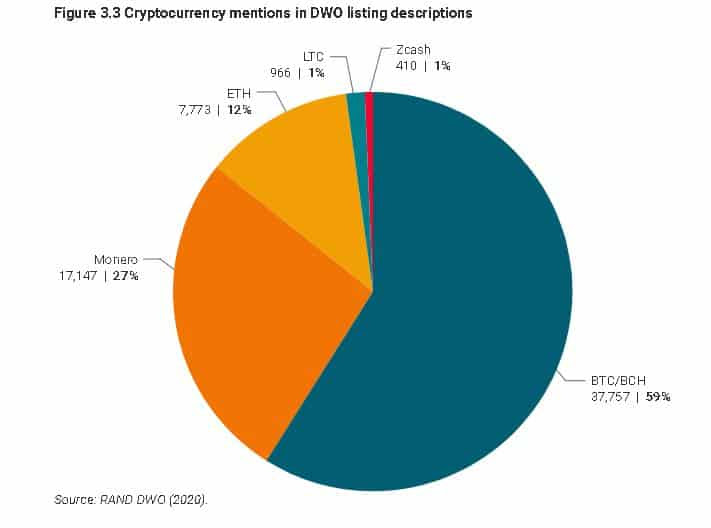Ethereum co-founder Vitalik Buterin has ignited discussions about the future of privacy-oriented cryptocurrencies, particularly focusing on ZCash and its potential role in the evolving landscape of digital transactions. His recent insights propose a nuanced approach, envisioning the tech-tool as a beacon of conservatism in technology, unwavering in its commitment to privacy, while simultaneously exploring experimental economic models.
Central to Buterin’s vision is the integration of off-chain-governed rounds for development funding, a departure from traditional financing mechanisms. These rounds could feature elements such as yearly issuances or anonymous voting systems, all underpinned by decentralized governance principles. Such an approach reflects the essence of blockchain technology, emphasizing community-driven decision-making and consensus.
At the heart of ZCash’s privacy features lies zk-SNARK technology, enabling users to conduct transactions with enhanced confidentiality. However, this privacy comes at a computational cost, limiting widespread adoption on mobile devices. The development of lighter zk-SNARK protocols holds the key to expanding the technology’s accessibility, potentially ushering in an era of mobile wallet support and broader usage.
Incentivizing ZCash Usage
While ZCash’s advanced privacy features cater to a niche market, there is considerable potential for broader adoption, especially in contexts where confidentiality is paramount, such as high-value transactions or in politically unstable regions. To capitalize on this potential, ZCash must effectively communicate the advantages of privacy-enhanced transactions and incentivize their usage through tailored marketing strategies and rewards programs.
Buterin’s proposals inject fresh perspectives into the discourse surrounding privacy-oriented cryptocurrencies, suggesting a paradigm shift in the way these assets are developed and utilized. By embracing innovation in both technology and economics, ZCash has the opportunity to redefine the boundaries of economic privacy in the digital age.
As ZCash stands poised at the forefront of this debate, it carries the torch for privacy-centric cryptocurrencies, offering a glimpse into a future where online transactions are secure and discreet. With thought leaders like Buterin shaping its trajectory, ZCash could emerge as a trailblazer, setting new standards for privacy and security in the realm of digital finance.


